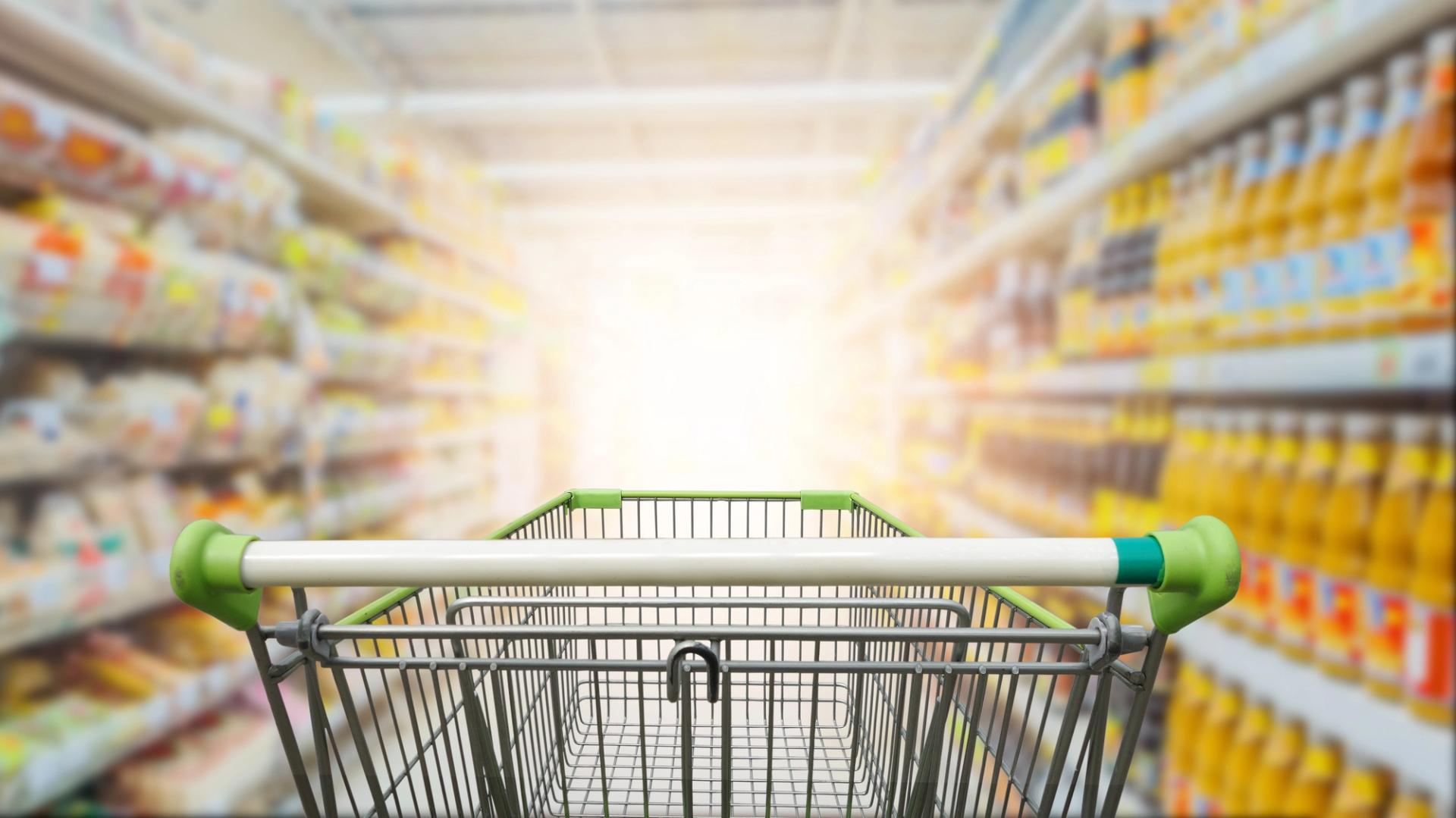Can Germany’s Retail Producers Find Relief From Economic Pressure?
September 19, 2023
- New Insight

The business environment in the European Union continues to be destabilised by the economic headwinds of high energy prices, inflation and geopolitical conflicts. In May, the business news grew more unsettling when data out of Germany showed that the EU’s largest economy had officially entered a recession.¹ And the outlook for a quick recovery is not promising.²
German consumers have in fact been tightening their belts for some time by shopping selectively and spending less. And when they do spend, they’re “trading down” by buying less-expensive items or shopping at discount stores.³ These big changes in domestic consumer buying behavior are grinding the nation’s economy to a halt — and slowing output overall across the European Union.
Among the many German business sectors experiencing fallout are small domestic producers of fast-moving consumer goods (“FMCGs”). They supply larger retailers with low-cost nondurable goods that are energy-intensive to produce, like processed foods and paper products. They also supply nonessential durable goods such as bicycles and furniture. Many of these producers, which are often independent businesses that are highly sensitive to price fluctuations, now find themselves in dire circumstances. They are being squeezed between cost-conscious consumers and large retailers who are facing their own financial challenges.
As German consumers continue to stretch their euros, data shows they are switching from branded products to store-owned private-label brands. According to one report, 41 percent of all FMCG sales in Germany are now private label,⁴ an increase from 39 percent in 2022 and 35 percent in 2021. ⁵ ⁶
But FMCG producers of private-label brands are also feeling the pinch. Although they tend to have long-term contracts with large retailers, they are often locked into price commitments even at times when production costs continue to fluctuate. Private-label brands also tend to be less profitable than traditional low-cost brands, which gives producers less wiggle room on their balance sheets during difficult economic times.
A Shifting Landscape
Like FMCGs, German retailers are facing similar marketplace challenges, such as dwindling margins and ongoing inflationary pressures. But these firms — especially those in FMCG retailing — are far better positioned to navigate the uncertainty through actions such as reducing stock or shrinking their portfolios. In particular, they benefit from their bargaining power due to the high market concentration. Given their size and market leverage, big German grocers are able to pivot more nimbly by increasing their white-label offerings and negotiating with their vendors. Some are even choosing to vertically integrate in segments they consider attractive.
All of these efforts are putting tremendous pressure on FMCG producers, who are caught in the middle and unable to maneuver as easily as large retail chains. Many FMCG producers are also uneasy about the long-term structural changes to shopping behavior currently underway in Germany, which may present an existential challenge to their businesses.
For these firms, cash will be key to survival for the foreseeable future. More than anything else, operating a business — regardless of size — during times of uncertainty requires predictable, steady and transparent cash flow. The following measures can be divided into two stages, one that applies to short-term issues, the other to mid-term issues.
Short term: These measures emphasise survivability in light of the extraordinary economic headwinds occurring now.
- Cash management: Active liquidity controls can prevent insolvency in the event of falling sales, disrupted supply chains and rising raw material costs. To develop the appropriate accounting measures, FMCG suppliers should determine company-wide cash status, establish reliable monitoring, and develop short-term liquidity forecasts and regular liquidity updates. With these in place, firms can create more room to operate the business, build up liquidity reserves and establish a reliable liquidity forecast.
- Working capital optimisation: Companies with improved liquidity are better prepared to prevent bottlenecks in good times and withstand setbacks during bad times. From receivables and payables to inventories, FMCG suppliers should take a holistic approach to optimising working capital. This approach, if applied correctly, not only unlocks tied-up capital, but also reduces expenses, enhances employee productivity and improves efficiency of in-house processes.
- Financial communication: Corporate financing can be diverse and complex — from refinancing and investment financing to optimisation of the financing structure and short-term liquidity coverage. Financiers need regular, reliable information about their financial commitment to remain confident that the business is on solid financial footing. To this end, FMCG suppliers should prepare transparent and decision-relevant information for stakeholders.
Mid term: These measures address the business model with the aim of improving operations and becoming more resilient. The process should focus on the synthesis of customer needs and core competencies and resources, including sustainability efforts.
- Portfolio review: By aggregating the volume of items it offers depending on capacity, an FMCG can optimise its portfolio.
- Consolidation strategies: During operations review, FMCGs should identify opportunities for efficiencies such as combining business units or closing less-profitable manufacturing plants.
As a result of their market position and shifting market dynamics, some FMCG suppliers might want to consider preparing for acquisition. Management should be aware of the legal and financial complexities that go into such a difficult decision, as well as the best way to position the company for sale.
By considering the above measures, FMCG suppliers can better position themselves to weather the current economic environment. And by improving the operating model through cost reductions and improving efficiencies, they can set themselves up to thrive as the German economy improves in the coming years.
Footnotes:
¹: “.” CNN. May 25, 2023. “.” German Federal Statistical Office. May 25, 2023.
²: “.” Handelsblatt. April 5, 2023. Source:
³: “.” Reuters. June 6, 2023.
⁴: “.” Circana. May 16, 2023.
⁵: “.” Food Navigator Europe. Nov. 7, 2022.
⁶: “.” IRI. May 11, 2022.
Your Contacts
 Dorothée Fritsch
Dorothée FritschHead of Business Development & Strategy
 Lukas Thesker
Lukas TheskerPartner